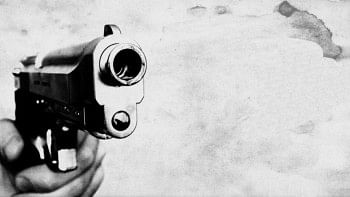Latvia votes as Russians, populists eye power
Polling stations in Latvia opened yesterday for a general election that could propel a populist, pro-Kremlin coalition to power as the Baltic state celebrates the centenary of its birth as an independent state.
Though lauded for righting the economy, the governing centre-right coalition has lost ground, opinion polls suggest.
But with a quarter of voters still undecided according to pollsters, the election is still wide open.
After casting his ballot, President Raimonds Vejonis from the Green Party called on fellow Latvians to come to the polls, pointing to the Brexit vote as an example of what might happen if they didn't.
"It shows us that we should not stay at home and that we should express our opinions," he said.
Latvia is a member of both the eurozone and NATO, having joined the military alliance in 2004.
Latvia's ethnic Russian minority makes up about a quarter of the country's 1.9 million population and Harmony, which was formerly allied with Putin's United Russia party, is popular with them.
The party has won the largest number of votes in the last three elections, and did not enter government only because it failed to attract coalition partners.
But this time could be different.
Along with fellow Baltic states Estonia and Lithuania, Latvia declared independence in 1918 after the Tsarist Russian empire collapsed.
But it was occupied by Nazi Germany during World War II, and then by the Soviet Union for nearly half a century until 1991.
After the last election in 2014, the centre-right Greens and Farmers Union, the right-wing National Alliance and the centre-right Unity formed a three-party coalition to run the country.

 For all latest news, follow The Daily Star's Google News channel.
For all latest news, follow The Daily Star's Google News channel. 



Comments